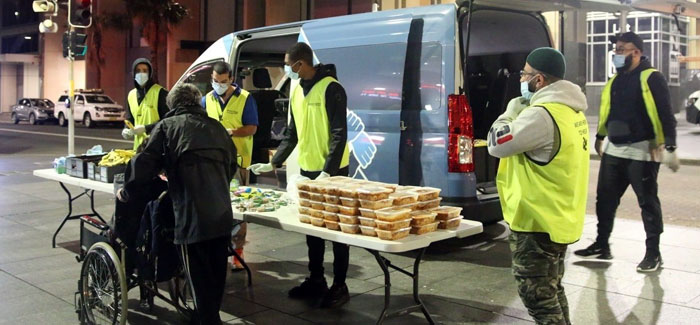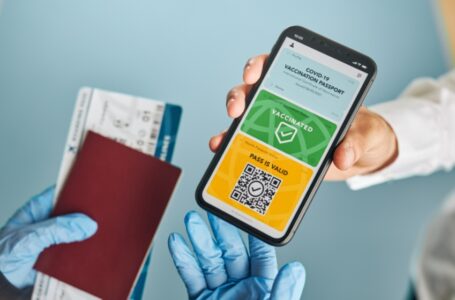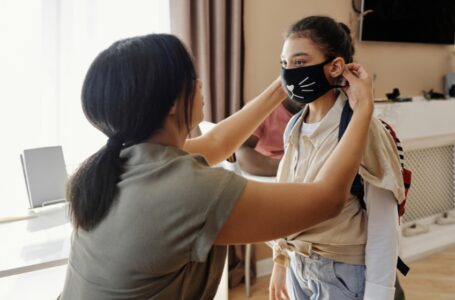Bridging Visa Holders Suffer Due To COVID-19 In Australia
The COVID-19 pandemic has wholly disrupted the global healthcare and economic system. A new study by the ABS suggests a whopping 6.2 per cent increase in the Australian unemployment rate – and economists believe that is just the tip of the iceberg. Times are particularly bleak for temporary visa holders as around 82% of them have been laid off been their employers or have suffered massive pay cuts due to the pandemic. A Settlement Services International survey also probed into the lack of health benefits provided by the government related to the COVID-19 pandemic for over two million temporary visa holders.

Australia’s Refugee Council is trying to seek basic economic support from the government for the asylum seekers, students, refugees, and migrant workers. They are stuck in a foreign land during a crisis. Paul Power, the CEO of the council, said that the 186 affiliate organisations he works with have mentioned around 16 thousand children are severely affected as they belong to families with zero income right now. Based on government statistics, Power said among the 97,000 odd bridging visa holders, twelve thousand are asylum seekers with unresolved refugee status cases dating back to 2012.
Brothers In Need joins the cause

A non-profit organisation named Brothers In Need has joined hands with Muslim Aid Australia and Muslim Charitable Foundation to support those in dire Need, mostly students and Uber drivers who are unable to find immediate employment. A lot of schools are waiving the fee for the migrants to extend support. All in all, it looks like the efforts are only increasing, which is a great sign.
Can the temporary visa holders still stay lawfully in Australia?
Legal Aid New South Wales has got thousands of calls with the same query. Katie Wrigley, an experienced solicitor who has worked on immigration policies, believes that temporary visa holders’ work rights depend on their past immigration history. They may still be eligible for Medicare based on their work rights.
However, they can under no circumstances, gain access to Centrelink payment, making the whole process complicated. For 2019 to 2020 financial year, the federal government has made allowances for the temporary visa holders. This effort is matched by The Department of Home Affairs as well. Paul Power expressed his concern about the temporary visa holders being able to access the scheme without Centrelink benefits.
Enter, SSI
The refugees of Australia have called SSI – Settlement Services International – which is an organisation that aids asylum seekers and refugees in various locations. Greg Benson, the general manager, said he had received several calls that complained about being laid off from their long-standing jobs.
How will refugees without a stable income arrange for food, clothing, rent, medical care, electricity, and primary needs?
Power says the situation is worse for asylum seekers who depend on charity for survival. A survey conducted by the SSI revealed that among the 500 New South Wales residents with a temporary visa, 79% are in massive debt and 62% have gone without proper meals during the ongoing pandemic.
SSI has arranged for the distribution of food packets to the families that have an asylum-seeking background and also other individuals in Need. Power encouraged people to donate as the winter months are approaching, and the crisis is going to become more severe for the migrants. Katie Wrigley has raised another significant concern. The expensive travel costs and border closures have closed doors for temporary visa holders to return to their homeland. The main focus of all these organisations is to make these people eligible for Centrelink payment.
Australians show a huge spike in people with stress disorders
The uncertainty regarding visa has caused a spike in the number of individuals suffering from PTSD ( post-traumatic stress disorder), depression, and suicidal thoughts. Some non-profit organisations such as Brothers In Need have made counselling available for those who need help. The biggest threat for the refugees is homelessness.
A survey conducted by SSI revealed that 76% of the respondents who were temporary visa holders could not pay their rents on time. Wrigley shared that the condition has made some of the refugees live in cars as they were unable to pay the mortgage. Paul Power pointed out that the flattening of the curve would hold no meaning if the Australian government does not help its people in the face of a humanitarian crisis.

While things are going downhill at the moment, the number of efforts by locals, NGOs, as well as the government, are increasing. Let’s hope the nation can recover from the social and financial hit soon.









